Constipation & Hemorrhoids After Bariatric Surgery
“Do not take constipation lightly”
Cause.
Constipation after bariatric surgery is very common due to the diet rich in protein and small amounts of food consumed. Also, during early recovery stages while on the liquid diet, there is not enough matter for stool forming. Yet another reason is dehydration (especially at early post-op stages when it is difficult to tolerate fluids).
When to be concerned.
If constipation becomes uncomfortable, or if you have spent 5-6 days without bowel movements (BM), it is important to address the issue before it becomes too painful.
Treatment.
- Hydration. Drink at least 64 ounces of water (or any sugar-free clear liquids) each day between meals (or at early recovery stages do your very best to get as close to that amount as possible, ideally at least 48 oz a day). Proper hydration is absolutely necessary. When our body lacks fluids, it will suck them out from everything including stool, making it very hard, thus fluids are needed for softer stool.
- Probiotics. Taking probiotics will help, since it has been scientifically proven that probiotics improve frequency of defecation and consistency of stool, in addition to multiple other benefits for gastrointestinal health.
- Laxatives. You can use a mild laxative like MiraLAX, Colace 2 in 1, Dulcolax or Senokot on a regular basis. You may need to try out different brands until you find one that works for you, many among our patients use 3-4 brands before they succeed with one of them. Laxatives can be used often, even daily at early post-op stages, at least until your diet progresses to the stage where you can tolerate more foods, greater variety and foods with fiber such as raw fruit and veggies. We recommend magnesium citrate at a minimum dose of 500 mg per day (you can find it in capsules or powder, and you should preferably take it before going to bed every night), it can be of great help to improve intestinal transit.
- Calcium & Iron. If you are taking calcium supplements, you should suspend them for a few days until you achieve regular BM. Calcium usually causes constipation. Iron is also a mineral that can cause constipation. It is usually included in the bariatric multivitamin, you should not stop it, but make sure you do not exceed the dose of 45 mg per day.
- Stool softeners. Taking stool softeners like Metamucil, Citrucel, Benefiber, etc., can be helpful, but stool softeners work differently compared to laxatives. Stool softeners mentioned above include fiber that attracts moisture and helps to soften the stool and stimulate bowel. However, this works only if you drink enough fluids. If your water consumption is low, fiber can constipate you even more. This option may work better at later recovery stages.
- Smooth Move Tea. Additionally, keep drinking Smooth Move tea (at least 1 cup per day) to regulate and even to maintain normal bowel movement. Once you can tolerate fibrous foods (usually at 2 months post-op), continue to consume plenty of vegetables and raw fruit with the skin, all of this together will help everything to return to normal soon.
Do not take too long to act.
Do not take constipation lightly, as it may cause severe abdominal pain, may require a use of an enema or even a visit to the hospital. Some patients even needed manual stool removal, and it can be very painful and embarrassing, so it is best to take measures right away.
Hemorrhoids.
In case of hemorrhoids: instead of water we recommend drinking chamomile infusions, this will help to deflate the hemorrhoidal veins in a more natural way; you can even apply it locally or use warm chamomile water for sitting in baths.
Laxatives should be used with care because they can sometimes cause discomfort and diarrhea and aggravate hemorrhoids.
When using the restroom, avoid sitting on the toilet too long; clean the area with wet wipes. It’s also important to avoid standing or sitting for long periods of time and when you are sitting it’s always recommended to keep your legs raised (above the level of the heart) to improve blood circulation.
The Go Light Bariatrics team wishes you good health!
Written by Go Light Bariatrics
More From This Category
Tuna Melt Poppers
Tuna melt popper a quick protein-rich lunch option! Packed with nutrients, it's the perfect pick-me-up after a long day.
Cheeseburger Mini Meatloaf
Cheeseburger Mini Meatloaf perfect for a bariatric-friendly diet, offering a high-protein, low-fat, and delicious meal option. The mini meatloaves are also great for meal prep, as they can be easily stored and reheated for a quick and nutritious meal throughout the week.
Enchiladas Casserole
Enchiladas Casserole is comfort food to give you all the protein you need per meal considering your special dietary needs after weight loss surgery.
Beet Hummus
Introducing our vibrant and flavorful Beet Hummus, a healthy snack option for the post-op diet. This is a fun twist on the classic dip that promises a burst of color and taste!
Egg Zucchini Pizza
Enjoy this low-calorie, easy-to-digest Egg Zucchini Pizza. Consider for your protein-enriched post-op diet.
Strawberry Yogurt Jello
This time we are serving up a delight that's as guilt-free as it is delicious: our Sugar-Free Strawberry Jello recipe. Consider for your protein-enriched pre-op diet.
Colorful Chicken Fajitas
Delight in the flavors of Mexico with these bariatric-friendly chicken fajitas. Consider for your protein-enriched pre-op diet.
PPI & Antacid in Weight Loss Surgery
PPI and Antacid before & after weight loss surgery can not only decrease post-operative discomfort and pain, but prevent several serious post-op complications.
Vegan Recipe – Tofu Pumpkin Pancakes
Discover a delightful vegan recipe - Tofu Pumpkin Pancakes. These pancakes are delicious, easy to make, and are tailored to support your vegan post-op diet needs.
Tofu Scramble
Enjoy a protein-packed, easy-to-digest meal that supports your recovery journey. Try this nutritious Tofu Scramble recipe tailored for your post-op diet.

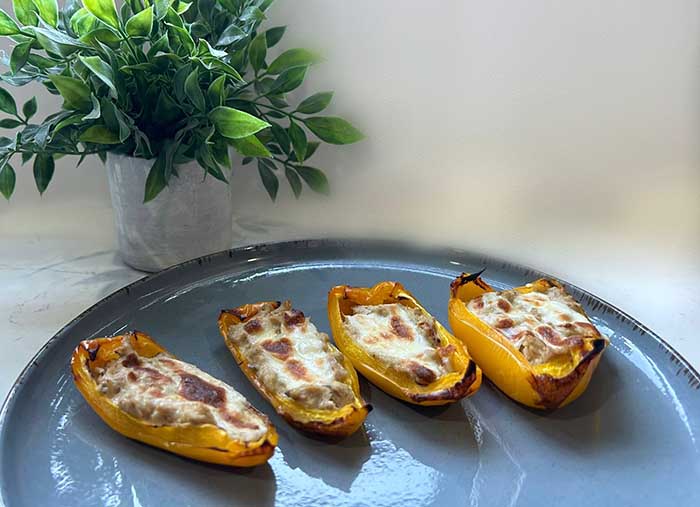
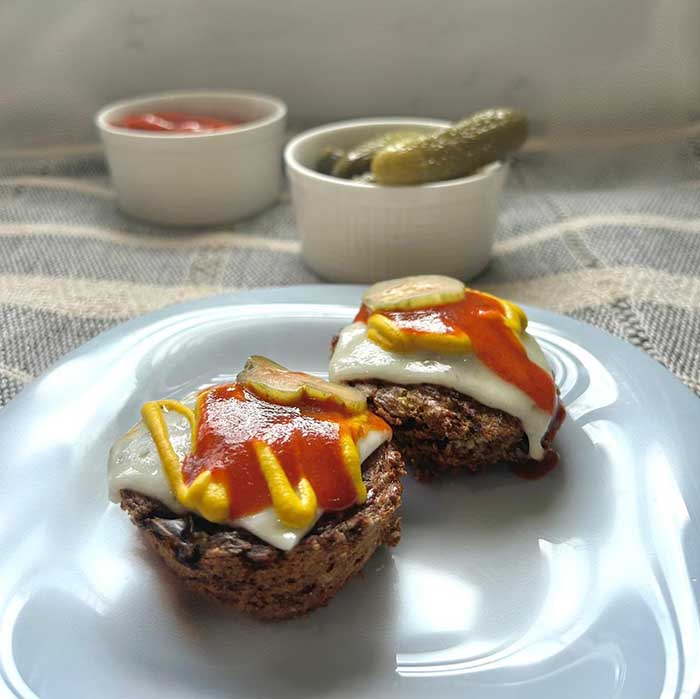
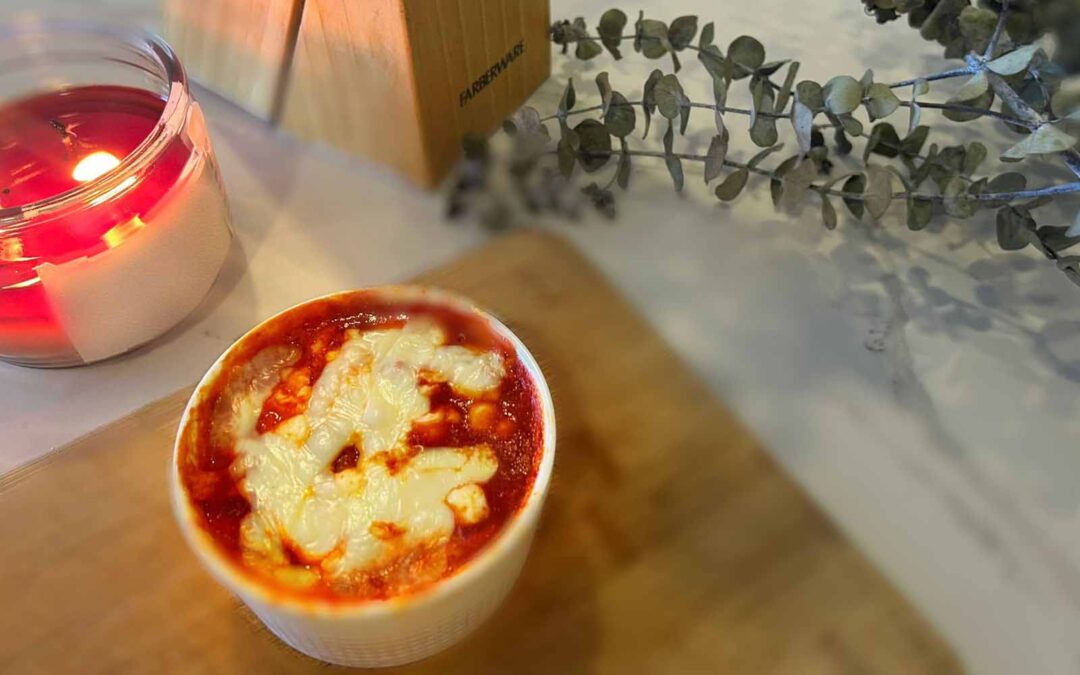
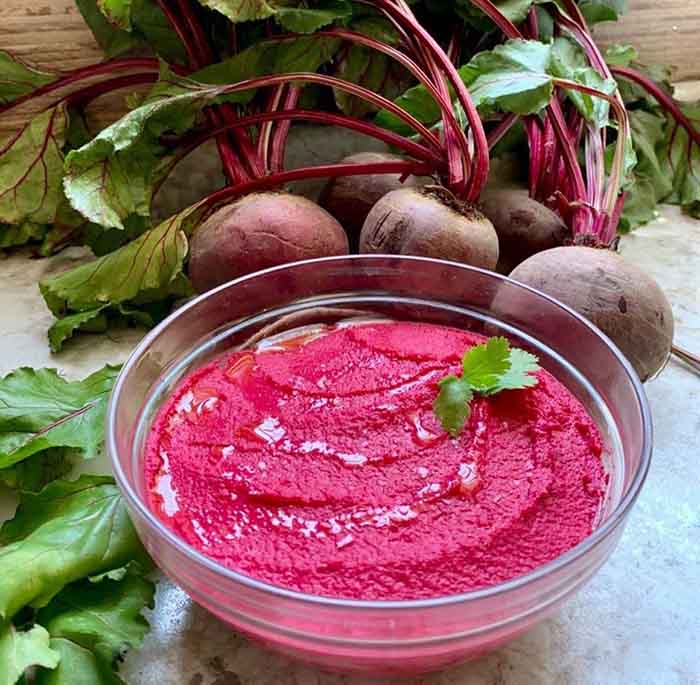
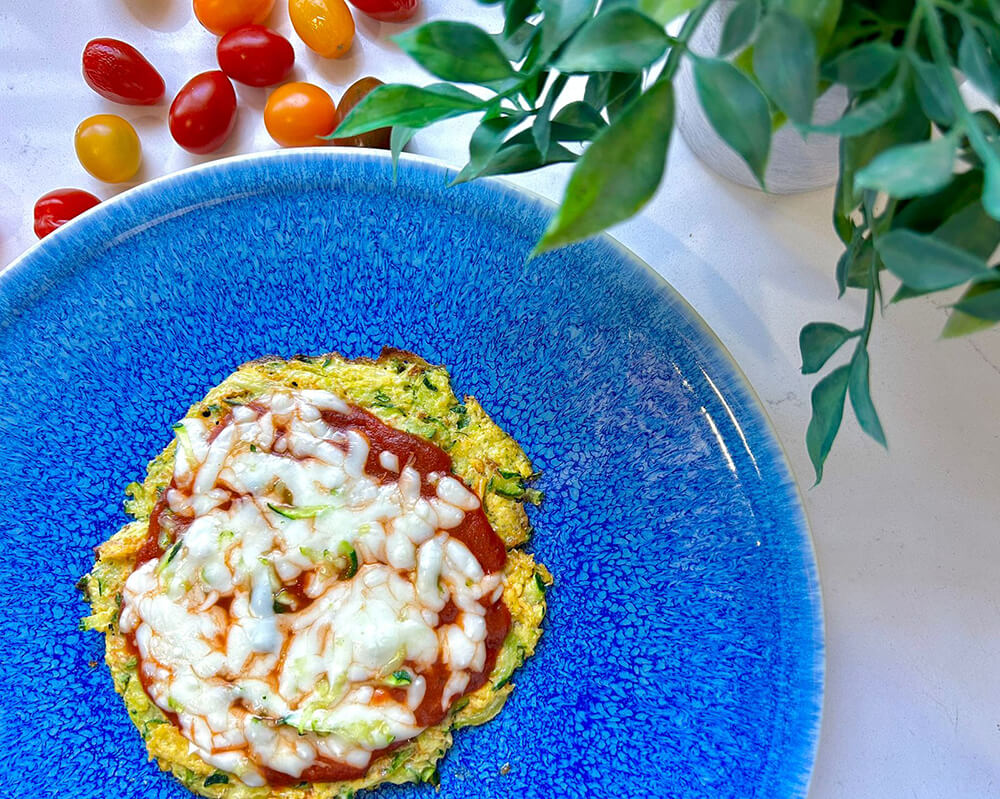

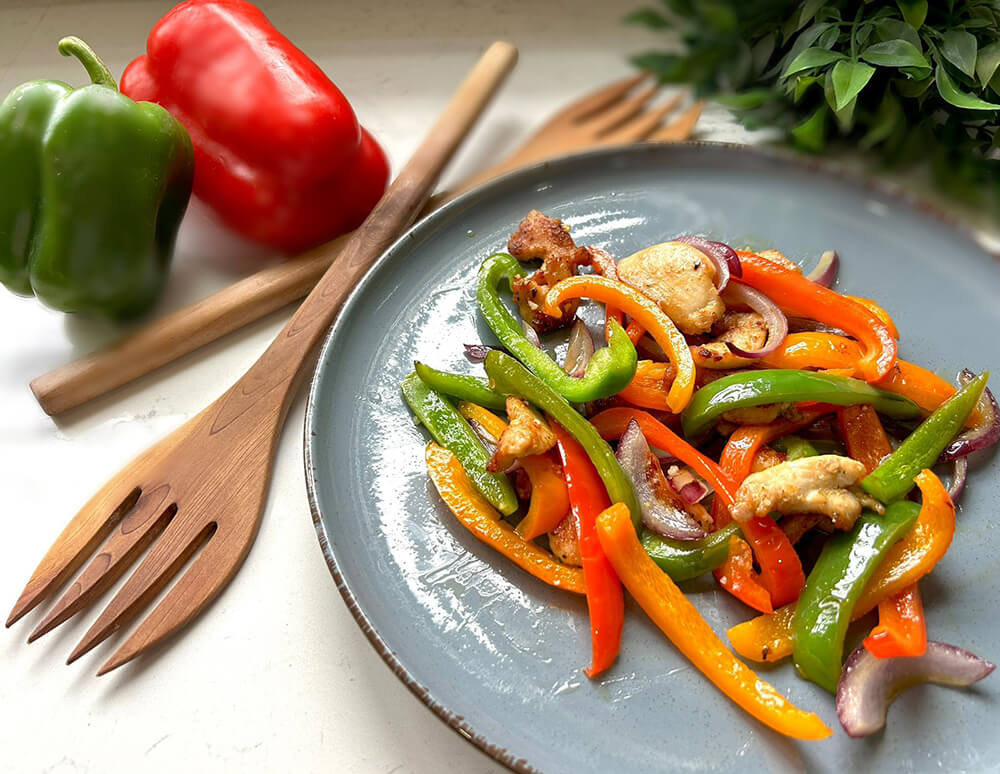


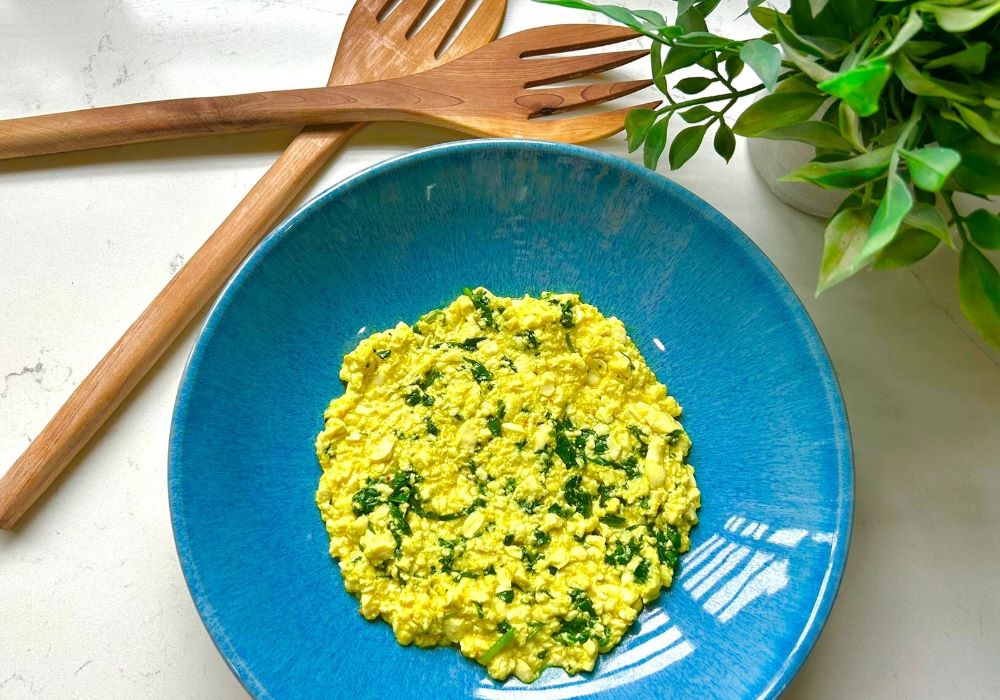
0 Comments